Problem Solving Numbers Worksheets for Ages 7-8
6 filtered results
-
From - To
Discover our engaging Problem Solving Numbers Worksheets designed specifically for children ages 7-8. These interactive resources help young learners develop critical thinking and mathematics skills by challenging them to solve real-world problems using numbers. Our worksheets cover various topics, including addition, subtraction, and basic word problems, ensuring a comprehensive approach to learning. With colorful illustrations and age-appropriate challenges, students will enjoy enhancing their problem-solving abilities while boosting their confidence in math. Ideal for classroom activities or at-home practice, these worksheets provide the perfect blend of fun and education, paving the way for success in numeracy skills.
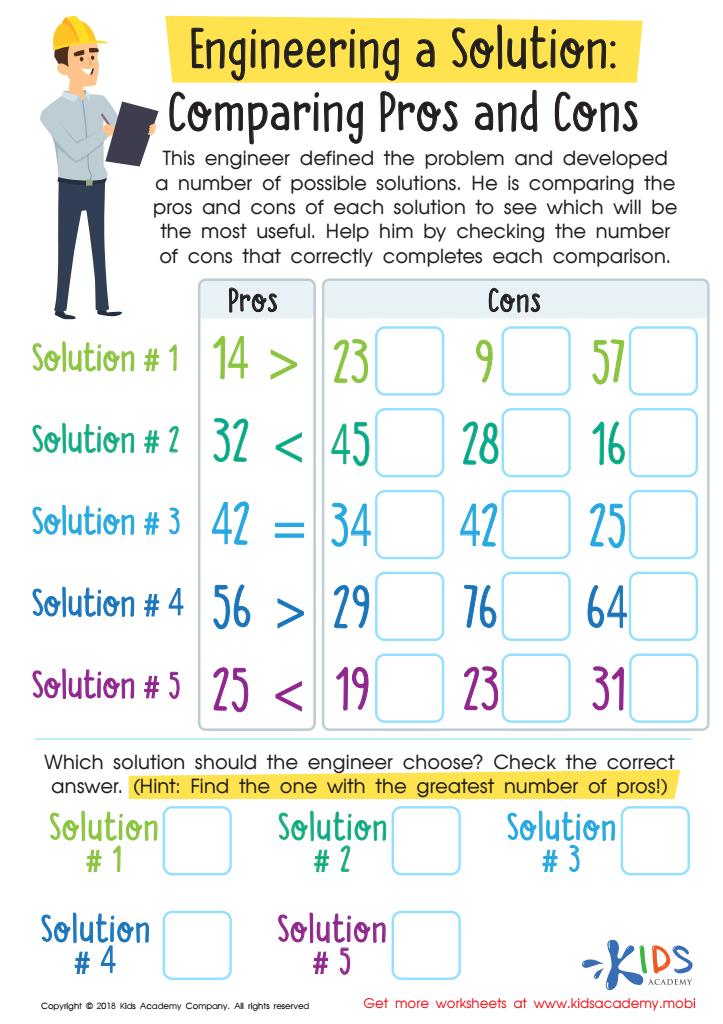

Engineering a Solution: Comparing Pros and Cons Worksheet
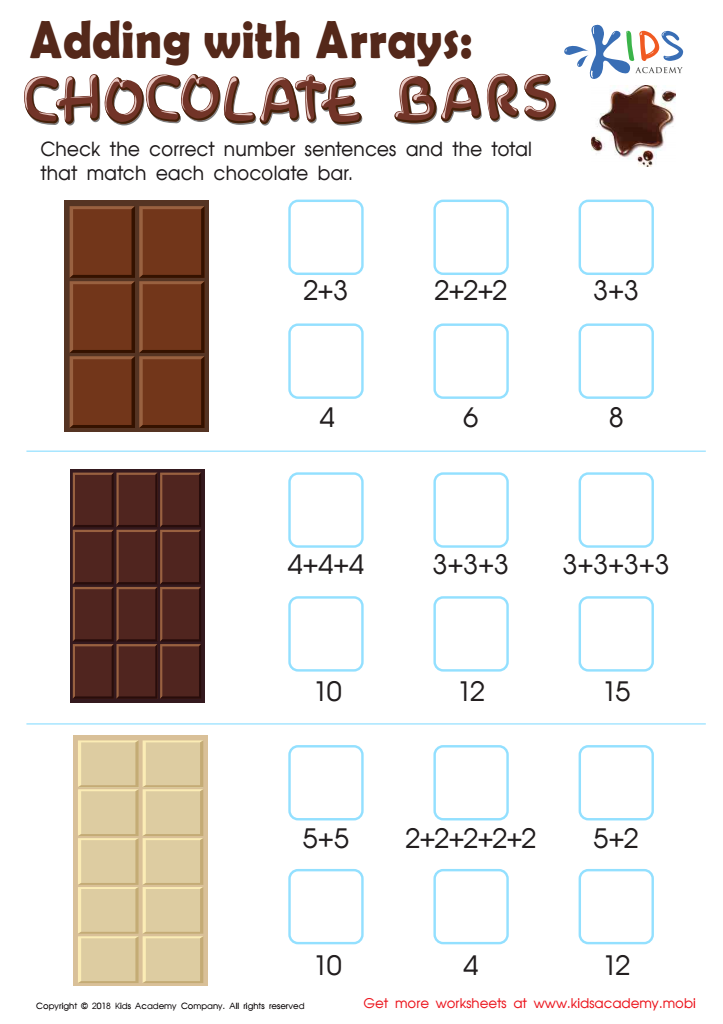

Adding with Arrays: Chocolate Bars Worksheet
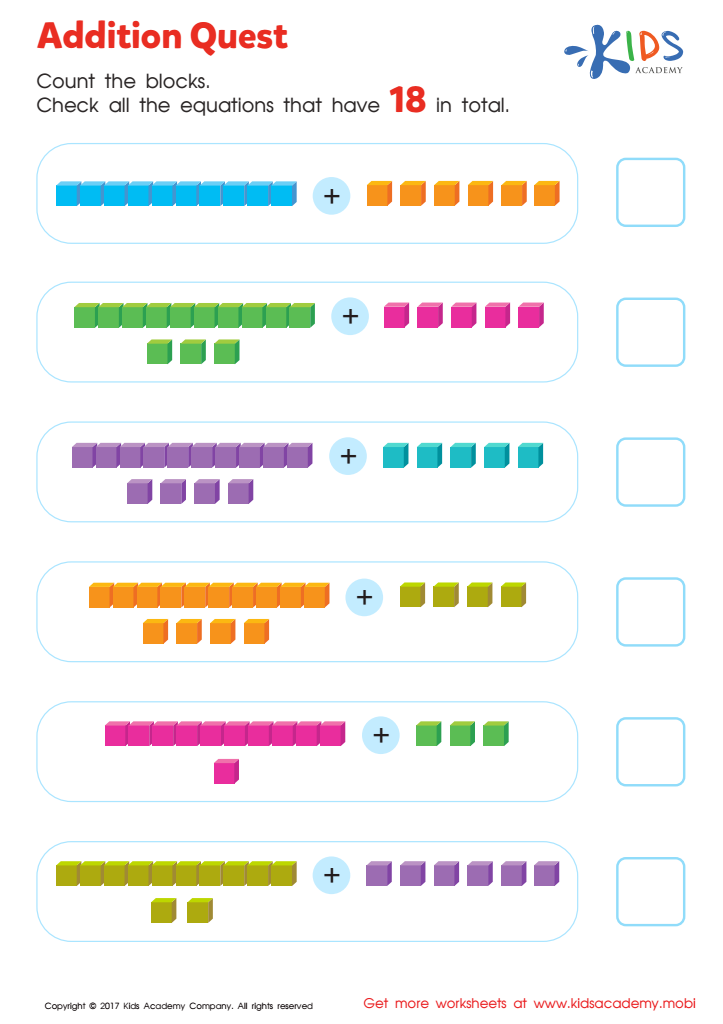

Addition Quest Worksheet: Part 2
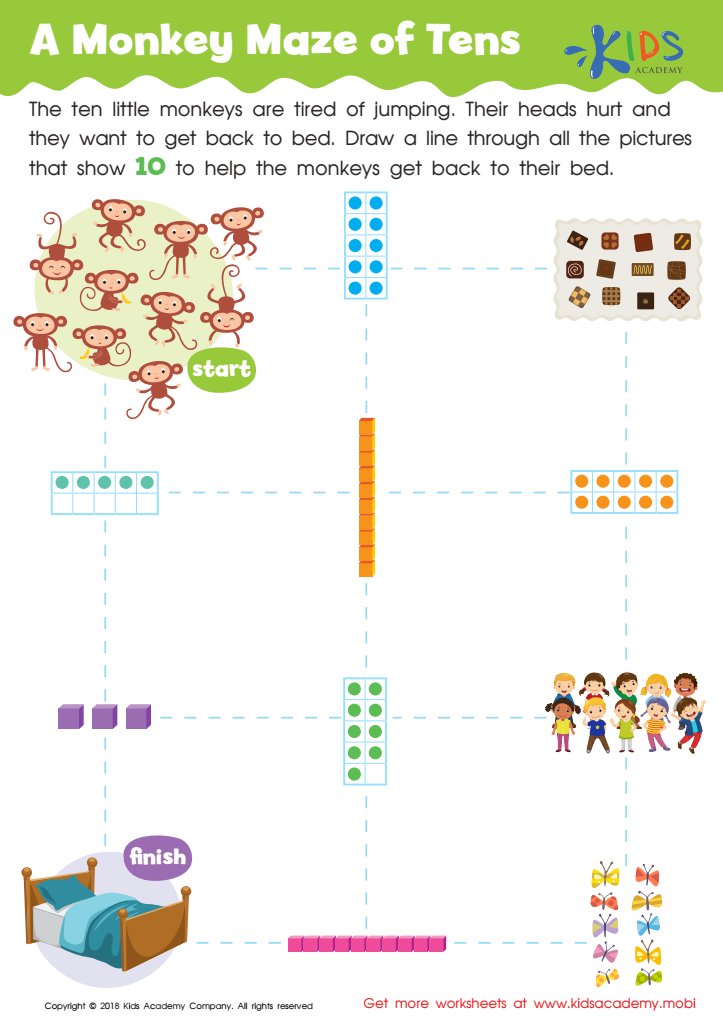

A Monkey Maze of Tens Worksheet
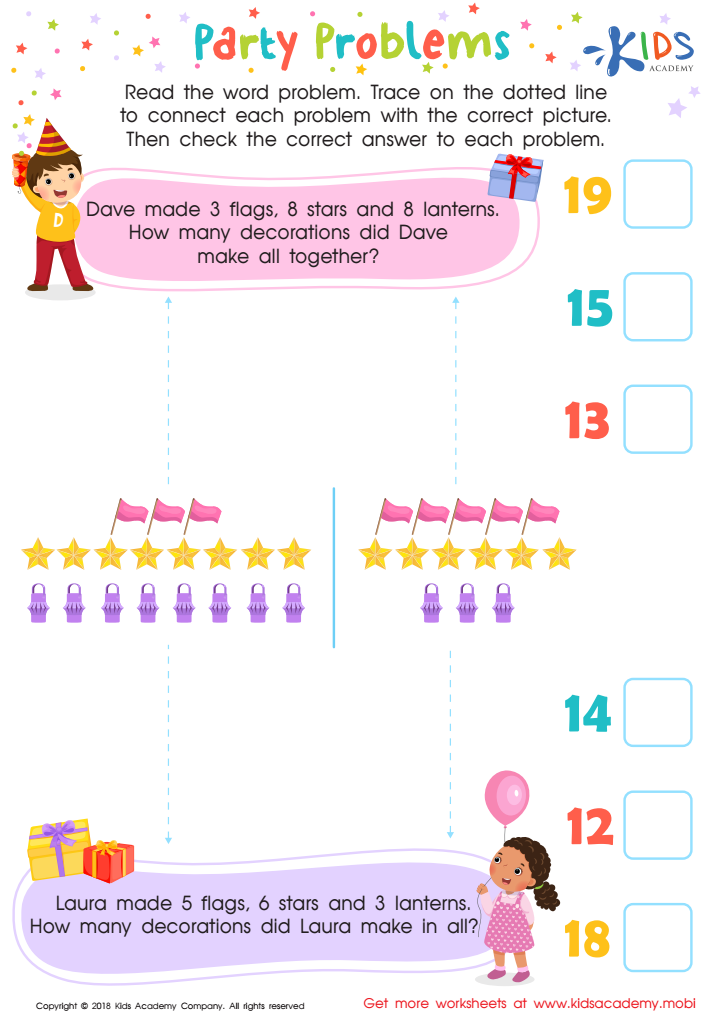

Party Problems Worksheet
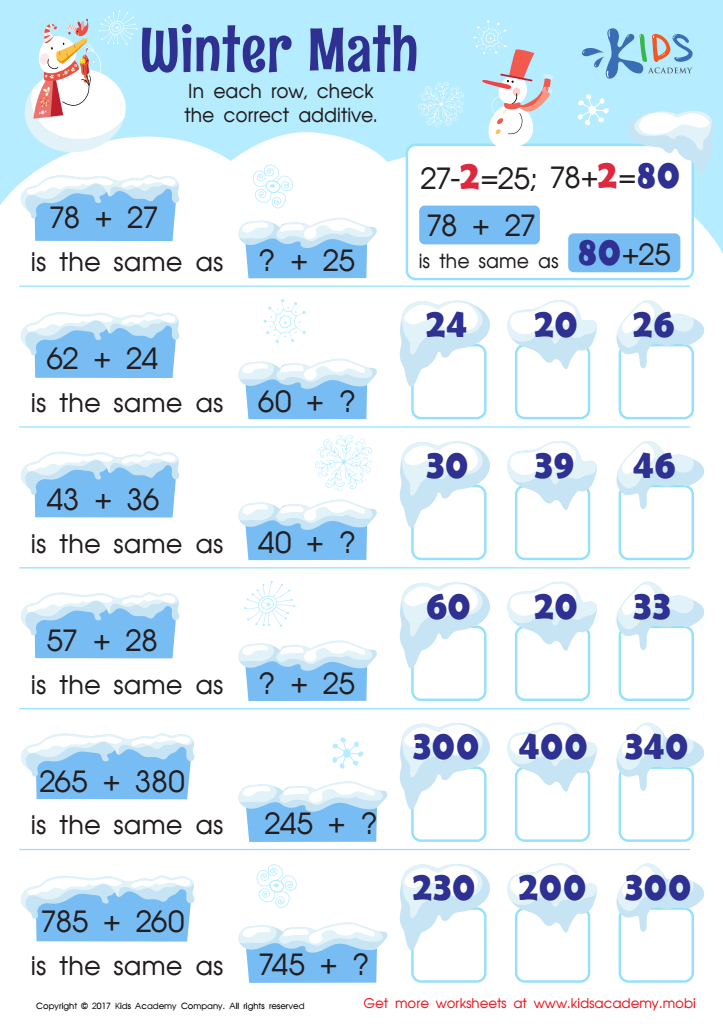

Free Addition Worksheet
Problem-solving numbers for ages 7-8 are essential for fostering critical thinking and mathematical skills in young learners. During this developmental stage, children are beginning to grasp basic arithmetic concepts, yet they also benefit immensely from hands-on, real-world problem-solving experiences. Engaging students with problem-solving numbers helps them apply their math skills in meaningful contexts, enhancing their understanding of numbers and their relationships.
For parents and teachers, prioritizing these activities can ignite children's enthusiasm for math. When learners tackle practical problems, they develop reasoning abilities, learn to communicate mathematically, and become more comfortable with trial-and-error approaches. This builds resilience and a growth mindset—key traits that contribute to lifelong learning.
Moreover, problem-solving numbers encourage collaboration in group settings, fostering social skills and teamwork. Parents can reinforce this learning at home by involving their children in puzzles, games, and real-life math scenarios—like budgeting or cooking—transforming math into an engaging daily experience.
Ultimately, investing in problem-solving skills at this age lays a strong foundation not only for future academic success but also for a more profound appreciation of mathematics as an integral part of everyday life. It empowers children with the confidence to approach challenges effectively and creatively.
 Assign to My Students
Assign to My Students
















